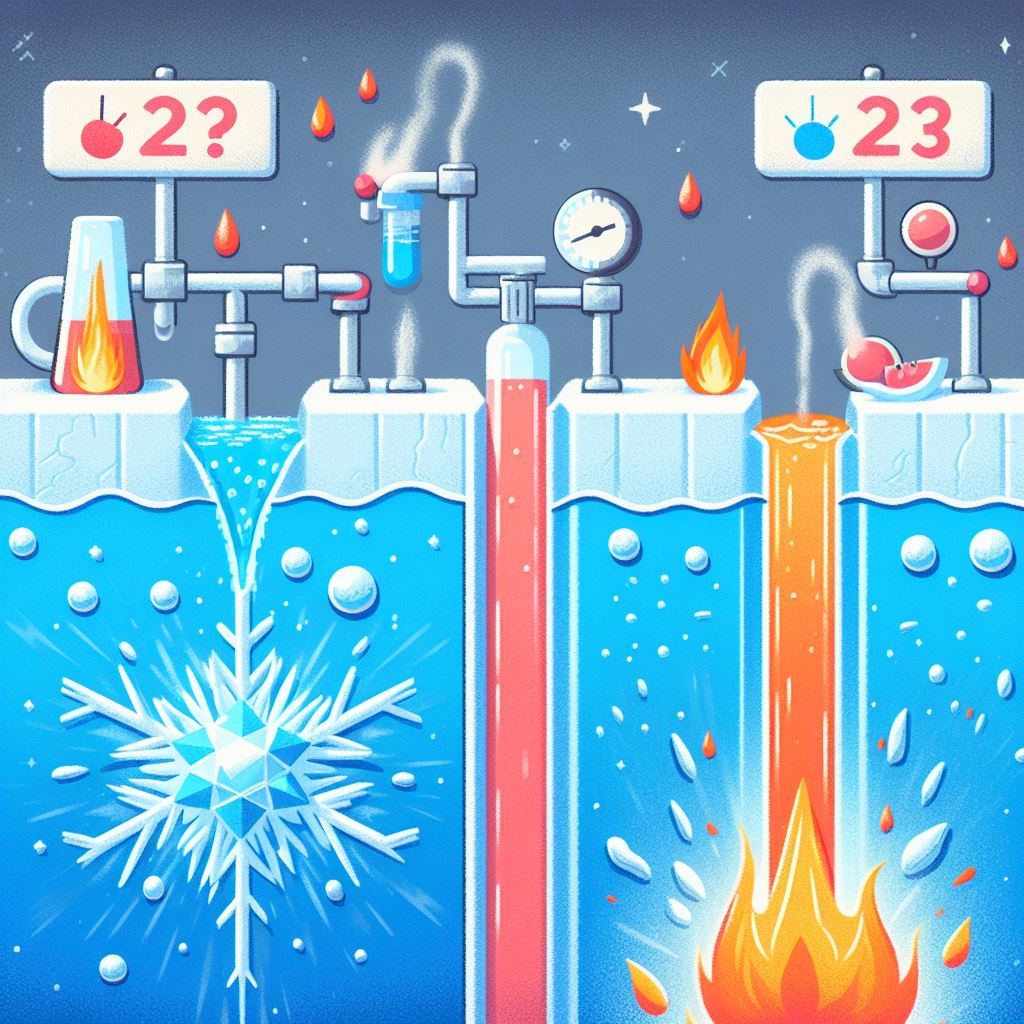The idea that hot water could freeze faster than cold water defies common sense and has sparked debate among luminaries including Aristotle and Francis Bacon. Yet cases continue to be reported, such as water pipes bursting from sudden freezing and the Tanzanian student Mpemba observing his hot ice cream mix freezing before his classmates' cooler batches in the 1960s.
The phenomenon was named the Mpemba effect after Erasto Mpemba that discovered and studied it systematically for the first time with physicist Denis Osborne. However, later experiments have struggled to consistently replicate the effect due to its sensitivity to many confounding variables and the difficulty of precision measurements during freezing.

This ScienceShot reviews the history, proposed theories, controversies, and latest evidence regarding the Mpemba effect in water and other substances. It examines whether the phenomenon truly occurs and what insight it may provide into nonequilibrium systems.
Early Observations and Explanations
The notion that hot water might freeze more quickly has been noted for millennia, including by Aristotle in the 4th century BCE. Proposed explanations over the years have invoked changes in hydrogen bonding between water molecules, evaporation speed differences, gas solubility changes, and frost layer insulation effects.
- Several hypotheses emerged proposing distinct mechanisms potentially enabling hot water freezing faster than initially colder water:
- - Evaporation: Warm water cooling faster through surface evaporation losses, although effects persist in covered containers
- - Frost Insulation: Early frost layer formation insulating colder water at surfaces, contradicting poor conductivity
- - Hydrogen Bonding: Hotter water’s stretched molecular bonds re-forming favorably for freezing upon cooling
- - Convection: Hot driving more vigorous intermolecular thermal convection enabling faster heat transfer
- - Dissolved Gases: Less atmosphere gases dissolved in hotter water enabling faster solidification
As no explanation yet satisfies all constraints, current ideas remain speculative rather than integrative.
Difficulty of Replication
In the decades, many have tried replicating the Mpemba effect in water, but results remain inconsistent. Physicist Burridge and mathematician Linden showed that small measurement differences can substantially impact results.
This highlights a key challenge: Precision freezing experiments are extremely sensitive. Factors like temperature gradients within the water, complex solid/liquid phase changes, evaporation, gas concentrations, container materials, insulation, and ambient conditions are difficult to fully control.
With so many potentially confounding variables, it becomes hard to compare results across different setups. This may explain the ongoing lack of reproducibility and fuels skepticism about whether the effect exists at all in water.
While replica experiments struggle with precision and variables, theorists are approaching the problem from a more fundamental perspective. Lu and Raz developed statistical mechanical models showing hotter nonequilibrium systems could theoretically relax to equilibrium faster than cooler ones under certain conditions.
Their abstract conceptual framework does not perfectly describe water. However, by modeling the random dynamics of generic particles, their work provides insight into how counterintuitive "shortcuts" might emerge in nonequilibrium systems.
Conclusion
In summary, the counterintuitive notion that hot water might freeze more quickly than cold has intrigued and debated scientists for centuries. While concrete evidence for the so-called Mpemba effect in water remains elusive, theorists have shown how such behavior can emerge from nonequilibrium systems' complex dynamics.
Recent simplified experiments lend support to those models' validity. Even if the Mpemba effect proves too slippery to pin down in direct experiments, the journey thus far has begun unveiling fascinating insights into nonequilibrium thermodynamics.